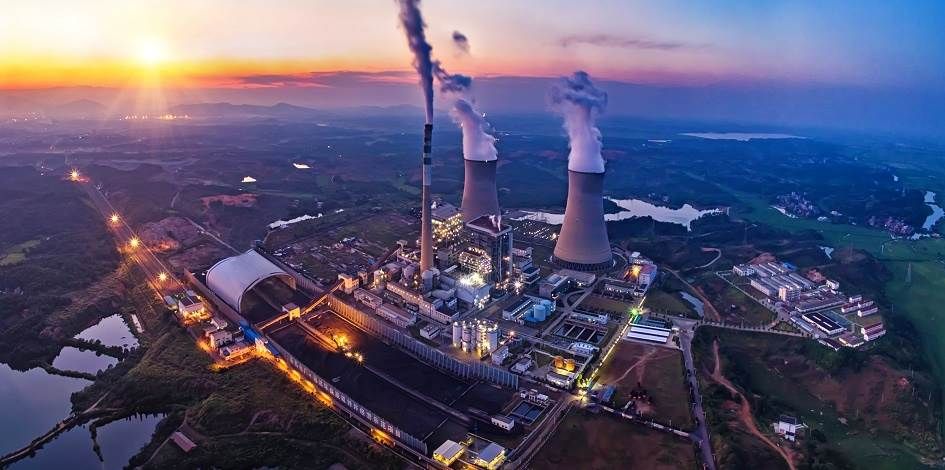Investors are holding some $517bn of debt in companies in the global coal mining and utilities sectors, which Moody’s now considers to represent an “immediate” and “elevated risk”.
In its annual Corporate & Social Responsibility report, the ratings agency published a detailed view of sectors in which companies are particularly vulnerable to environmental risks and which could have their traditional business models threatened in the coming years.
The coal mining and coal terminals sector was considered to represent the highest, immediate risk, with investors holding some $13 bn of debt in these companies, along with unregulated utilities and power companies ($504 bn).
The agency also labelled nine other sectors as being subject to elevated, emerging risks where investors are holding debt investments of rated companies facing environmental issues in their business models.
These sectors are shipping ($24bn), oil and gas refining and marketing ($68bn), steel ($88bn), surface transportation and logistics ($241bn), building materials ($91bn), chemicals ($119bn), mining – metals and materials excluding coal ($261bn), oil and gas – independent exploration ($370bn), automobile manufacturing ($466bn).
Moody’s found that around $10trn of rated debt assets are held in sectors considered to have a moderate exposure to environmental risks such as pollution, carbon regulations, water shortages, land use restrictions and natural disasters – up from $7trn in 2015.
“$3 trillion of debt moved from low to moderate risk,” said Jim Hempstead, managing director of Moody’s Investors Service.
“That’s directly answering the question of ‘what are the most at-risk sectors.’ We’re seeing more interest from stakeholders in resources that support sustainable investing,” he added.
The full CSR report is available here.








